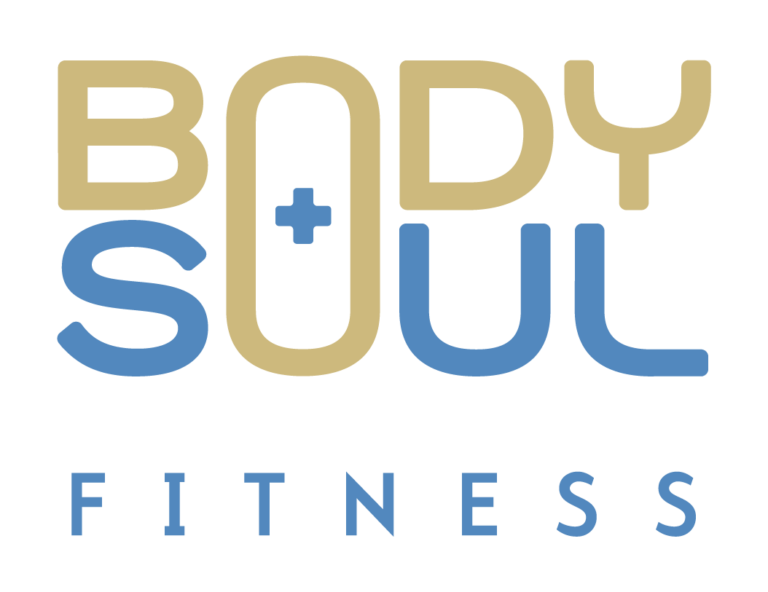Conclusion
We have made it to the end of our sleep module. By now, I hope you’ve made enough changes to achieve the goals set out in the beginning: falling asleep quickly, staying asleep throughout the night, and waking up feeling rested.
The best way to get a good nights sleep every night is through consistency. Build a routine for you and your family, and stick to it. If you haven’t reached these goals yet, I recommend you go back and review some of the areas you are having trouble with.
I want your whole family to benefit from these changes. A common obstacle with my clients is their kids having trouble sleeping which ultimately affects their sleep. All of the changes mentioned in this module can be used with kids as well.
A common sleep problem that I have not addressed are nighttime wake ups. The reason I didn’t cover this is because there are many reasons why people wake up in the middle of the night. However the most revealing indication is the time in which you wake up. If you experience nighttime wake ups even after working through this sleep series, keep track of the time and frequency of when they happen. At this point it may be a good idea to reach out to us so we can give you some specific recommendations.
I hope you are enjoying the benefits of sleeping well and that it gives you the energy and drive to continue making positive changes in your life.
When you’re satisfied with the progress you‘ve made with your sleep, we encourage you to watch some of our other videos on how to lead a happier, healthier, and more active life.
In this 10-part sleep series, personal trainer Chris Munro emphasizes the importance of getting enough nightly zzz's and regulating your sleep cycle. Explore how to improve your quality of sleep from the moment you wake up until your head hits the pillow.
Explore why regulating your internal clock, or staying consistent with what time you wake up at in the morning is crucial for your health. It will also discuss why using the alarm on your phone is not good sleep practice.
Chris discusses how and why light exposure in the morning, as opposed to sound, can be a great first step in sleep improvement and help you feel better.
Is it really that important to eat breakfast? What about intermittent fasting diets - are they healthy? Chris discusses why it’s bad practice to skip a morning meal, the detriments it can have on your sleep patterns and healthy foods to eat for breakfast.
Do you tend to feel sluggish in the morning? Chris explains how exercising in the morning will not only improve your energy levels throughout the day, but also help your quality of sleep at night.
Chris discusses how to monitor and limit your caffeine consumption so you can still drink coffee without ruining your sleep patterns. He also reviews an average daily step count goal, and the importance of staying active outside of your workouts.
Alcohol makes me drowsy, but does it help me sleep better? Chris outlines a few guidelines for what you should aim to eat and drink in the evening to ensure optimal sleep quality. He explores the negative impact drinking alcohol too close to bed will have on your nightly rest.
Are you on your cellphone and/or iPad late at night? Chris explores how artificial light, including electronics, should be avoided in the evening, and details tips to decrease your exposure.
Chris looks into the many things you can do right before bed, and during sleep that will help you fall asleep faster and improve the quality of your nightly zzz’s. He will touch on things like bedroom temperature and light, routine, and activities to do.
In this final video in this sleep series, Chris emphasizes the importance of consistency and routine. He also addresses a few common sleep problems, such as nighttime wake ups and how to avoid these.

